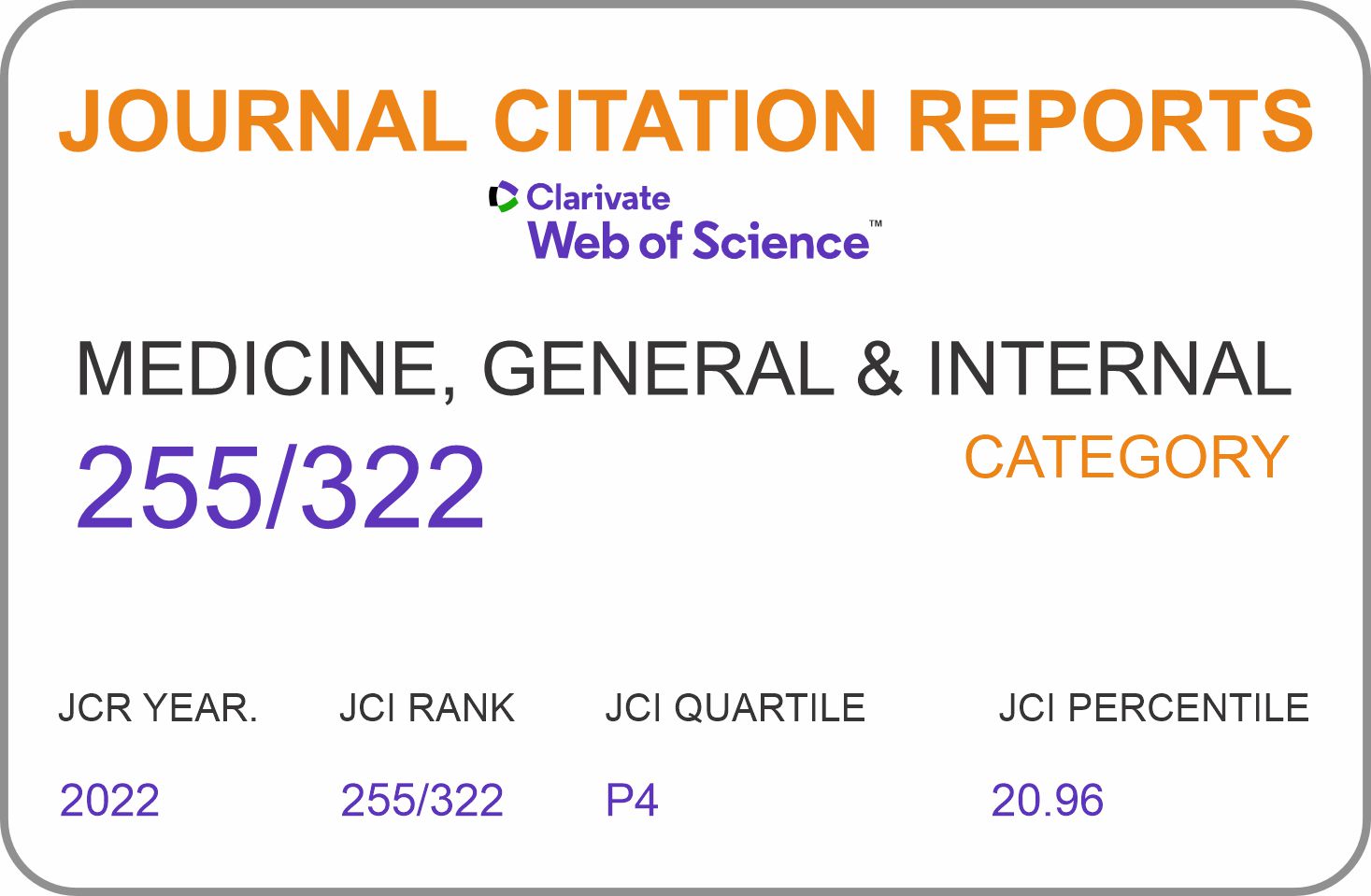Acute abdominal pain: Ruptured abdominal aortic aneurysm
DOI:
https://doi.org/10.35434/rcmhnaaa.2023.163.2174Keywords:
Ruptured abdominal aortic aneurysm, Abdominopelvic CT angiography, Acute abdominal painAbstract
A 57-year-old male, with abdominal pain, stabbing type, sudden onset, located in hypogastrium with irradiation to the genitals, with great intensity 8/10 according to eva scale; in the hospital he presented arterial hypotension so he was treated in trauma shock; with complete abdominal ultrasound reporting in pelvic cavity image of rounded morphology of 73 x 67 mm in diameter, with walls of 9. 1 mm, consider: aortic artery aneurysm (AAA); in abdominopelvic angio-CT abdominal aorta is observed distended 107 x 71 mm, with multiple hypodense images, irregular, suggestive of hematomas, consider: Ruptured AAA; keep in mind that aortic aneurysms can occur in any of the five anatomical regions of the aorta: root, ascending thoracic, aortic arch, descending thoracic and abdominal, but are less common in the abdominal cavity.(1). AAA is a silent, progressive and potentially fatal pathology (in 90%), whose prevalence ranges from 1.5 - 5.9% in people over 50 years of age; as for its proximal extension it can be infrarenal, the most frequent, or pararenal and this in turn is divided into juxtarenal and suprarenal (2). Risk factors include: age over 65 years, male sex, smoking, family history of AAA, coronary artery disease, arterial hypertension (AHT), peripheral artery disease and previous myocardial infarction. (3). Although symptoms include severe and persistent pain in the back, abdomen, flank or groin; aneurysmal dilatation may cause nonspecific abdominal symptoms; the triad of ruptured AAA includes abdominal or flank pain, hypotension or shock, and pulsatile abdominal mass. Differential diagnosis was made with renal colic, diverticulitis, gastrointestinal tract hemorrhage, mesenteric ischemia (4). The treatment of AAA can be: Preventive: no smoking and avoid passive smoking; healthy diet: low-fat foods, limit salt content; Medical: aims to control risk factors; no intense physical activities; Surgical: in compression of adjacent structures or aneurysm diameter greater than 5.5 cm; traditional (open) or endovascular approaches are considered here (5). The patient died because he had no means of resolution.
Downloads
Metrics
References
Grist TM, Rubin GD. Imágenes de síndromes aórticos agudos. En: Hodler, J., Kubik-Huch, R., von Schulthess, G. (eds) Enfermedades del tórax, la mama, el corazón y los vasos sanguíneos 2019-2022. Serie IDKD Springer. Springer, Cham. 2019. Disponible en: https://doi.org/10.1007/978-3-030-11149-6_18
Talledo O, Lizarzaburu D, Torres L, Valenzuela H, Borzellino E, Alcázar A. Aneurismas de aorta abdominal infrarrenal y pararrenal: Resultados del reparo abierto. Revista Médica Herediana [Internet]. 22oct.2021 [citado 7oct.2023];32(3):152-61. Available from: https://revistas.upch.edu.pe/index.php/RMH/article/view/4058
Vázquez LF, Jordán GJ, Simón AA, Hernández SA, Janero MK, Jaime CZ, et al. Tratamiento endovascular del aneurisma de la aorta abdominal con endoprótesis percutáneas en pacientes cubanos. Revista Cubana de Angiología y Cirugía Vascular. 2020;21(2):1-14.
Figueroa L, Estupiñan O, Marcillo A, Guerrero P., Aneurisma de la aorta abdominal: actualización sobre epidemiologia, clínica y abordaje diagnóstico. Journal of American Health. 2023;6(1). https://doi.org/10.37958/jah.v6i1.157
Chércoles L, Fong J, Sánchez D., El reto del aneurisma de la aorta abdominal para especialistas en medicina general integral e internistas. Revista Cubana de Medicina [Internet]. 2021 [citado 7 Oct 2023]; 60 (4) Disponible en: https://revmedicina.sld.cu/index.php/med/article/view/2507
Downloads
Published
How to Cite
Issue
Section
Categories
License
Copyright (c) 2023 Carlos Alberto Dávila-Hernández

This work is licensed under a Creative Commons Attribution 4.0 International License.















